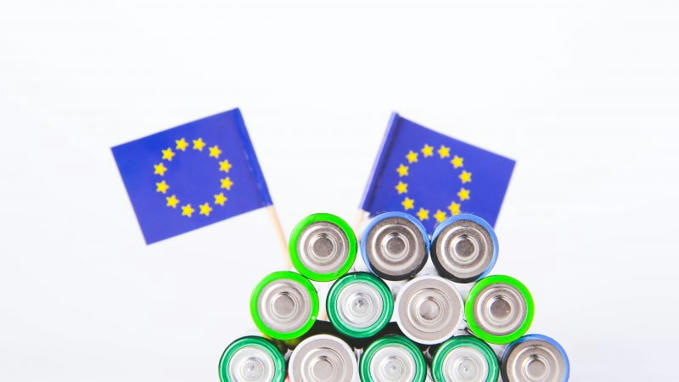
The new EU battery regulation is a top priority for all EU institutions. It defines the regulatory framework for the ambitions of the European Commission and member states to establish a full EV batteries value chain in Europe. It is therefore remarkable that – despite all EU institutions committing to find compromises swiftly – it will have taken over two years for the new regulation to be adopted and enter into force.
Complex and ambitious
The drafting of the regulation took longer than anticipated because of the complexity of both the proposal and the EV battery value chain as well as the desire to regulate all steps from cradle to gate – from mining over manufacturing, and use, to the end-of-life management. Furthermore, covering a wide range of dimensions (technical, environmental, economic, and social) has turned out to be highly ambitious.
The other aspect to consider is the conceptual idea behind the new battery regulation. It is seen as a blueprint for future EU product legislation, establishing a digital product passport with all its complexities and covering all steps of the product life cycle. Getting things right from the start is therefore of critical importance for all EU institutions and requires intensive consultation.

Read more...
About the Author

EcoVadis is a purpose-driven company whose mission is to provide the world's most trusted business sustainability ratings. Businesses of all sizes rely on EcoVadis’ expert intelligence and evidence-based ratings to manage risk and compliance, drive decarbonization, and improve the sustainability performance of their business and value chain. Its AI-powered risk mapping, actionable scorecards, benchmarks, carbon action tools, and insights guide a resilience and improvement journey for environmental, social and ethical practices across 200 industry categories and 175 countries.
Follow on Linkedin
Visit Website
More Content by EcoVadis EN
Follow on Twitter Follow on Linkedin Visit Website More Content by EcoVadis EN
























